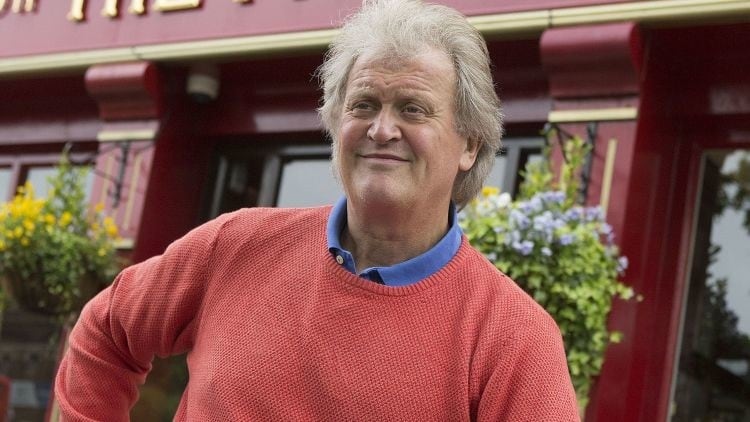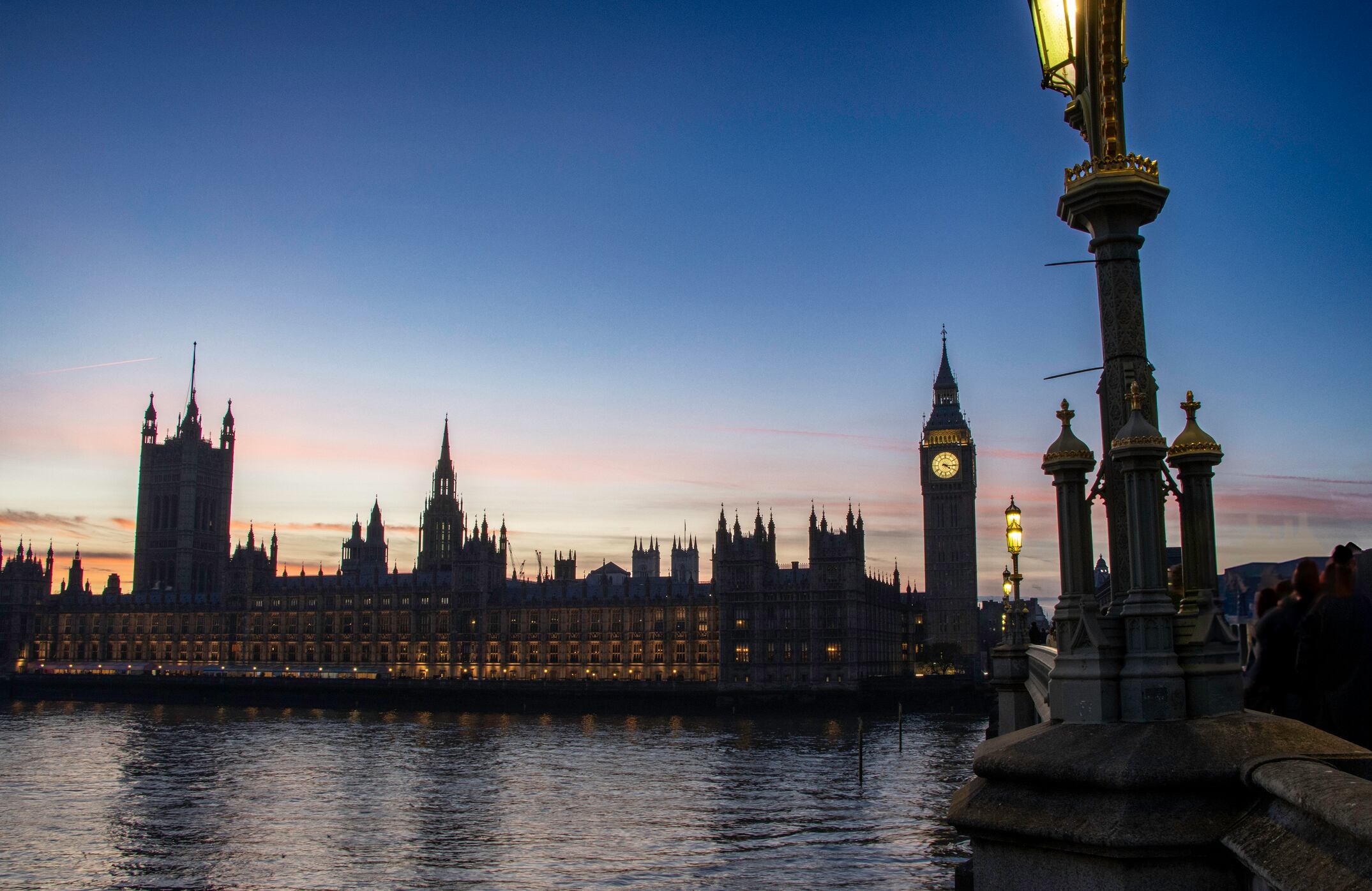Martin, whose pub company operates about 800 sites and has recently taken on 15 new sites as a part of a new franchise agreement, said the hospitality industry is united in its view that pubs, clubs and restaurants pay “wildly excessive” taxes, especially in VAT and business rates when compared to supermarkets.
He continued: “This tax disparity is harming businesses and high streets, but also the social fabric of the nation – where, other than pubs, can you temporarily escape the attentions of your own family?
“Supermarkets pay zero VAT in respect of food sales, whereas pubs and restaurants pay 20%, enabling supermarkets, in effect, to subsidise the selling price of beer, wine and spirits.
“A consequent anomaly is that food for posh dinner parties in Notting Hill or the Cotswolds is VAT-free, whereas fish and chips at your local pub attracts the full 20%. Just ask Jeremy Clarkson.”
He cited investment bank Morgan Stanley, which recently reported pubs have lost approximately 50% of their beer trade to supermarkets since the year 2000 after losing a substantial amount before then.
Martin said VAT is not the only hospitality disadvantage with pubs also paying about 20 times more business rates per pint than supermarkets and that “something underhand is afoot”.
Demonstrating how he sees the system working, he said: “The explanation is just about complicated enough, so that few people in the Government, and maybe even in the Treasury, really understand the details – and therefore the enormous hospitality disadvantage.
‘Heroic’ effort from UKHospitality
“The Rateable Value of any business is set by the Valuation Office Agency (VOA) and is equal to the yearly rent the property could have been let for on the open market.
“For a pub, this is something called the ‘market rent’, which is typically around 10% to 12% of a pub’s annual turnover.
“The rateable value is then multiplied by the ‘national non-domestic rate multiplier’. For 2025-26, the multiplier is 0.555.
“Therefore, a typical pub pays business rates calculated as 0.555 x 10% = 5.6% of its annual turnover.
“So a pub with sales of £600,000 per annum (less than half the Wetherspoon average) will pay business rates of £33,600 – 5.6% of £600,000 equals £33,600.”
He calculated for every £1 of sales, a pub will pay business rates of 5.6p, which is 28p on every £5 pint of beer while a supermarket pays about 8p, according to Asda sales and effective business rates in December 2020.
However, he stated the tax disparity per pint between pubs and supermarkets is much worse than that due to lower overheads resulting in a business rates ‘levy’ of only 1.5p because the average pint of beer bought from a supermarket will as little as £1 a pint.
He hailed the efforts made by UKHospitality in trying to reduce hospitality taxes as “heroic”.
But added: “Unfortunately, this sensible and easy-to-understand approach risks being undermined by a recent, well-meaning suggestion from Greene King that argues business rates should be based on profits, rather than sales. However, this would surely create a nightmare of complexity.”
Fair and equitable
He added: “We are sure Greene King’s heart is in the right place, especially since they brew the sainted Abbot Ale, but feel they’ve wandered off course, perhaps after a heavy session, by recommending a profits-based analysis.
“Finally, when Jacques Borel campaigned, a few years ago, in the UK for a fairer VAT rate for pubs, clubs and restaurants, which he had successfully obtained in many other European countries, the industry was disunited.
“Ted Tuppen of Enterprise Inns and Rooney Anand of Greene King, for example, refused to support Jacques’ campaign.
“A disunited industry ended up paying far higher VAT than almost any other European country.”
He continued: “The lesson is: Keep It Simple, Stupid. It’s a basic principle that taxes should be fair and equitable. All we’re asking for is equality with supermarkets, which are doing an excellent job for their customers – the same rate of VAT and the same business rates per pint.
“That way, of course, the Government will collect more taxes in the end, as there will be a more successful hospitality industry, more employment, more vibrant town centres and less vacant shops and pubs.
“Tax equality equates to sensible economic policies - and we are sure that the entire nation will drink to that.”





